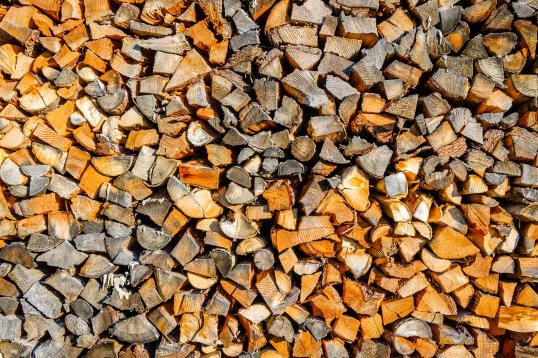France introduced the excise tax exemption on coal for biomass producers in 2007 to increase renewable energy production from biomass. The subsidy aims to help producers by reducing the cost of fuel needed to create a product from biomass. Companies benefiting from the subsidy do not have to pay an excise duty of EUR 14,62 per MWH of coal. Several criteria need to be met by companies to be eligible for the tax exemption, including involvement in an environmental protection scheme.
The budget impact of this subsidy is quantified yearly in France. In 2021, the total public spending on this subsidy was EUR 13 million. Almost 60 companies benefited from the exemption to this tax. If the subsidy were abolished, the price of coal would increase by 86%. The coal consumption would decrease by 11% in the short term to 51% in the long term.
The environmental impacts caused by the subsidy include higher GHG emissions and more waste from the scrubbing of toxic coal combustion residues. Depending on the alternative fuel, the produced biomass could potentially decrease GHG emissions. The abolishment of the subsidy would lower CO2 emissions by 33,000 tonnes per year in the short run to 158,000 tonnes in the long term. The estimations assume that current environmental conditions do not reduce energy demand significantly. If those conditions repress the current demand for coal, a phase-out of the subsidy would only cause a lower demand reaction.
The French government is aware of the negative environmental impact of coal-burning since it imposed environmental conditions to obtain the subsidy. But these measures are aimed at compensating the emissions and not reducing them. The companies must either get involved in the GHG emissions quotas regime or apply voluntary actions to reduce GHG emissions achieving environmental objectives equivalent to the emissions quotas. Several similar subsidies have already been phased out in France. Options that could be considered to compensate companies for the reform are the provision of a lump sum payment, encouraging efficient technology or practices and supporting the move to other less-polluting energy sources.
More information on the excise tax exemption on coal for biomass producers and other candidates for reform in France and other Member States can be found in the country case studies and factsheets compilation.

